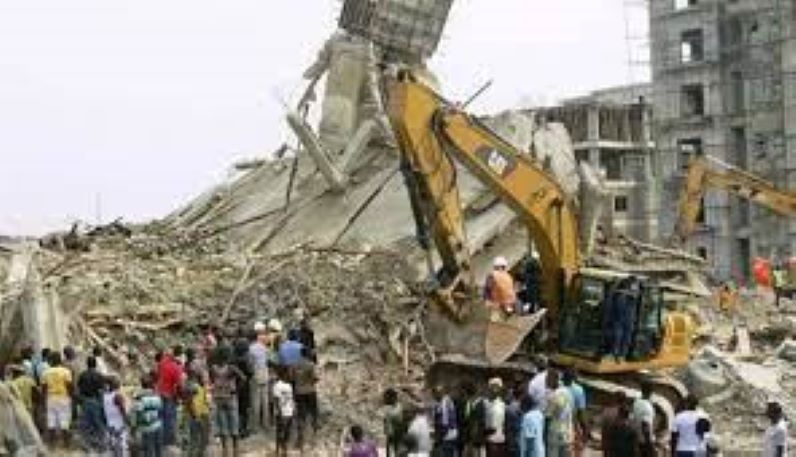Federal Capital Territory Minister Nyesom Wike has boldly declared his determination to continue demolishing alleged illegal structures in Abuja, regardless of mounting opposition and a newly launched Senate investigation. “Let heaven fall,” the minister proclaimed during Thursday’s distribution of operational vehicles to security agencies at the FCTA Secretariat.
Wike’s defiant stance emerged on the same day the Senate ordered an inquiry into the widespread demolitions, following a heated session that saw FCT Senator Ireti Kingibe dramatically walk out of the chamber during discussions about the controversial exercise. The minister dismissed criticism as mere blackmail, asserting that the targeted structures were built illegally on government land.
The former Rivers State governor specifically challenged potential critics, declaring that neither civil rights activists nor television personalities would be spared in the ongoing operation. His uncompromising position highlighted the growing tension between the FCT administration and various stakeholders affected by the demolitions.
“Some of us have come to put our feet down,” Wike stated, addressing the increasing pressure from what he termed “land grabbers” in the capital territory. His administration has intensified the removal of structures deemed illegal in estates and shanties across Abuja in recent months, sparking widespread protests and public outcry.

The Senate‘s intervention came through the establishment of an investigative committee, headed by Deputy Senate President Jibrin Barau, tasked with examining the demolition exercise. The committee plans to summon Wike to explain the rationale behind the extensive demolitions that have left numerous residents displaced and properties worth billions of naira destroyed.
The controversy has exposed deep divisions between executive action and legislative oversight in the FCT’s urban development policies. Senator Kingibe’s emotional response in the Senate chamber earlier in the day underscored the human impact of the demolitions, which she argued were proceeding without proper court orders or due process.
Despite the mounting pressure and Senate probe, Wike remained unwavering in his commitment to the demolition exercise. What is wrong is wrong; no amount of blackmail can stop us,” he declared, emphasizing his administration’s determination to reclaim government property allegedly taken without proper documentation or approval.
The minister’s strong stance reflects a broader battle over Abuja’s urban development and land use policies. While the FCTA maintains that the demolitions are necessary to restore order and eliminate security risks, critics argue that the exercise has caused unnecessary hardship and may violate residents’ rights.
The controversy has broader implications for Nigeria’s capital city development, raising questions about the balance between urban renewal and residents’ welfare. The Senate’s intervention suggests growing concern about the social and economic impact of the demolitions on FCT residents.
As the situation unfolds, the investigative committee’s findings could potentially influence the future direction of urban development policies in the FCT. However, Wike’s resolute position indicates that any resolution may require careful negotiation between various stakeholders’ interests.
The ongoing demolition controversy highlights the complex challenges of managing urban development in Nigeria’s rapidly growing capital territory. As both sides dig in their heels, the outcome of this confrontation could set important precedents for how similar urban renewal initiatives are implemented in the future.
Meanwhile, residents and property owners in the FCT remain caught in the crossfire, awaiting the resolution of this high-stakes standoff between ministerial authority and legislative oversight. The coming weeks will likely prove crucial in determining the future course of Abuja’s urban development strategy.



